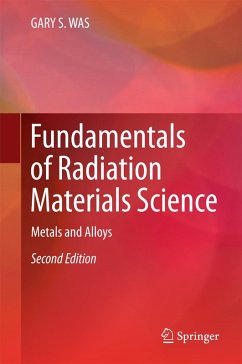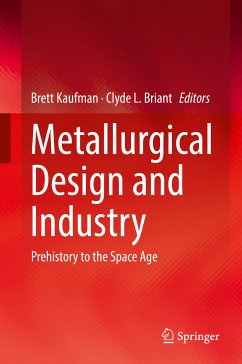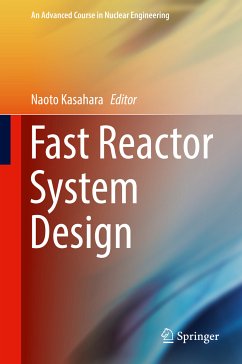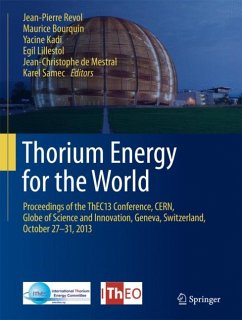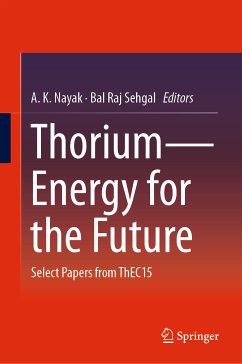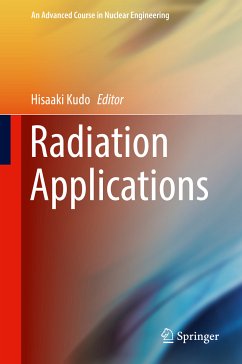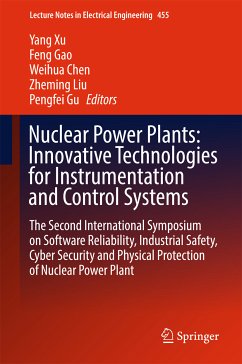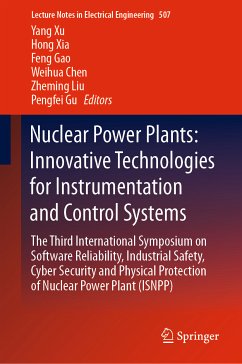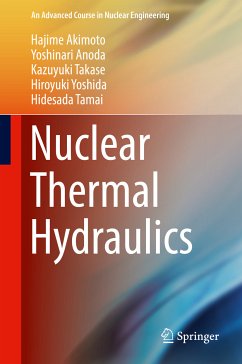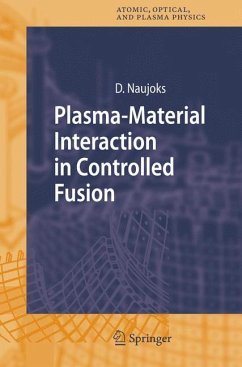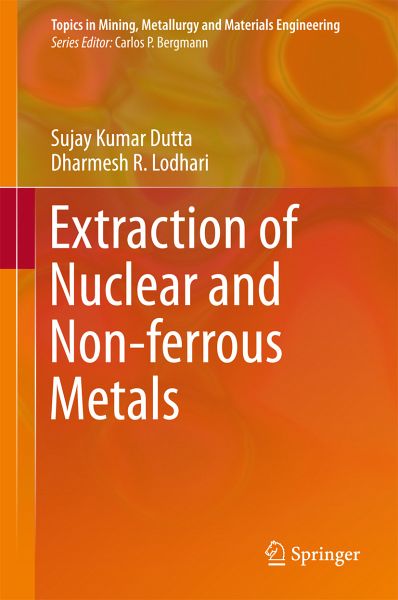
Extraction of Nuclear and Non-ferrous Metals (eBook, PDF)
Versandkostenfrei!
Sofort per Download lieferbar
72,95 €
inkl. MwSt.
Weitere Ausgaben:

PAYBACK Punkte
36 °P sammeln!
This book presents a comprehensive overview of non-ferrous metallurgy, especially its core principles and fundamental aspects, in a concise form. The book covers all basic concepts and definitions related to metal extraction, and provide succinct summaries of relevant metallurgical processes. It also covers the scientific and engineering aspects of nuclear processes and features special chapter on ultra-high-purity metals. The book employs a step-by-step approach, is written in an easy-to-understand style, and discusses significance of core concepts. As such, it not only offers a valuable guid...
This book presents a comprehensive overview of non-ferrous metallurgy, especially its core principles and fundamental aspects, in a concise form. The book covers all basic concepts and definitions related to metal extraction, and provide succinct summaries of relevant metallurgical processes. It also covers the scientific and engineering aspects of nuclear processes and features special chapter on ultra-high-purity metals. The book employs a step-by-step approach, is written in an easy-to-understand style, and discusses significance of core concepts. As such, it not only offers a valuable guide for professionals and researchers working in the areas of metallurgy, mining, and chemical engineering, but can also be used as a core text in both graduate and professional coursework.
Dieser Download kann aus rechtlichen Gründen nur mit Rechnungsadresse in A, B, BG, CY, CZ, D, DK, EW, E, FIN, F, GR, HR, H, IRL, I, LT, L, LR, M, NL, PL, P, R, S, SLO, SK ausgeliefert werden.



